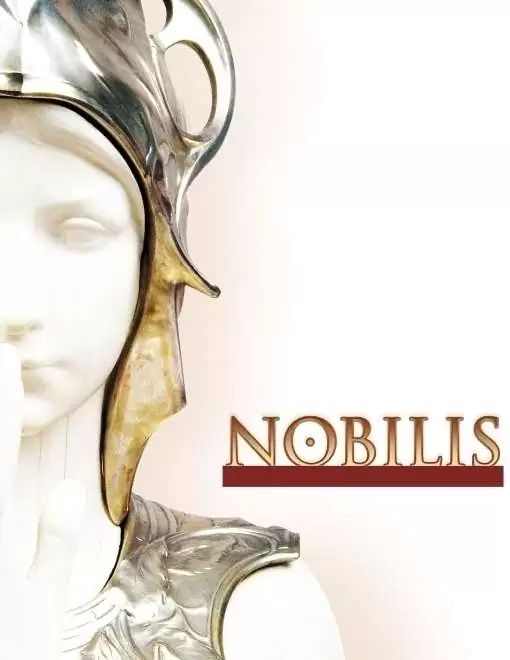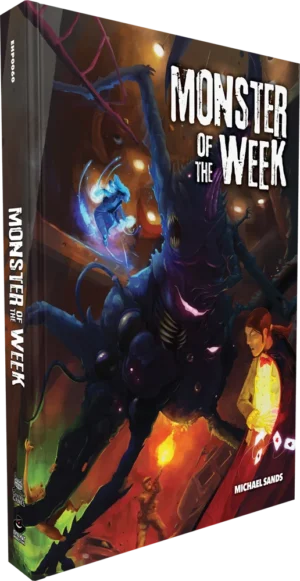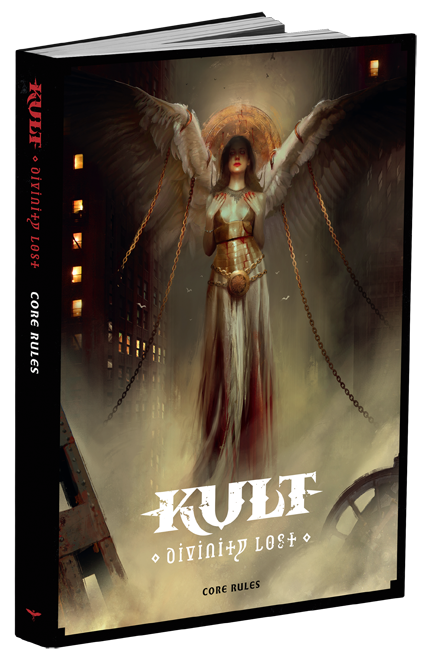Nobilis Fantasy; High-Fantasy; Dark; Narrative-Driven; Innovative Mechanics; Collaborative Worldbuilding; Character Customization
Nobilis is a narrative-driven, diceless tabletop roleplaying game where players assume the roles of Nobilis, sovereign beings embodying aspects of reality. Its themes encompass high fantasy, a touch of darkness, and collaborative worldbuilding. Nobilis stands out due to its unique mechanics, focusing on resource management and narrative consequence over random chance. This report examines the game's setting, mechanics, unique elements, and target audience to provide a comprehensive overview.
Theme and Setting
Nobilis is set on Earth, subtly divided into the Prosaic Earth (similar to our own) and the Mythic Earth, a realm where spirits inhabit all things. The Nobilis are humans (or sometimes other beings) empowered by cosmic Imperators to protect Estates, fundamental aspects of reality such as Time, Death, or even less conventional concepts like Cubes or Dogs. These Imperators are engaged in a cosmic war known as the Valde Bellum against the Excrucians, beings who seek to erase existence itself. The setting draws from Christian and Norse mythologies, adding original details and creating a world rich with symbolism. Each Familia, composed of an Imperator and their Nobilis, shares a Chancel, a personal demiplane shaped by the players. The social dynamics between Nobilis, as well as the political intrigues of factions like Heaven and Hell, add depth to the setting. Flowers serve as a sacred language within the game.
Core Mechanics and Rules
Nobilis distinguishes itself with its diceless system. Instead of relying on dice rolls, players manage Miracle Points to perform actions, called Miracles. These Miracle Points are tied to four attributes: Aspect (physical and mental prowess), Domain (control over their Estate), Realm (power within their Chancel), and Spirit (resistance to manipulation). Success is generally assured if Miracle Points are spent; the focus shifts to the consequences of actions. Character creation involves allocating points among these attributes and Gifts (special abilities). A key element is the collaborative creation of the Imperator and the Chancel, allowing players to shape the game's world and their relationship with the divine power they serve. Bonds and Afflictions also provide opportunities to regain Miracle Points when they become an inconvenience, emphasizing the narrative aspects of character limitations.
What Makes Nobilis Unique
Several aspects contribute to Nobilis's distinctiveness. Firstly, its diceless, resource-management system prioritizes narrative and consequence over chance. Players have significant narrative authority, collectively shaping the setting through their Imperator and Chancel. The game promotes collaborative worldbuilding and intricate character customization. The power level of the player characters is extremely high, almost god-like. Instead of asking if something can be done, the question is more about how to do it and what the repercussions will be. The dichotomy between Prosaic and Mythic Earth and the concept of Estates grant a unique flavor of urban fantasy. The open-ended nature of Estates allows for unparalleled player agency, with PCs defining what their Estate means within the game world. Moreover, the meta-narrative elements, such as the Excrucian threat and the politics of the divine hierarchy, enrich the gameplay experience.
Target Audience and Player Experience
Nobilis appeals to players who enjoy narrative-driven experiences, collaborative storytelling, and intricate character development. It is best suited for groups comfortable with abstract concepts and worldbuilding. The game's complexity and open-ended nature might be daunting for players accustomed to more structured, combat-focused systems. Some find the initial learning curve steep, but the freedom and creative possibilities are rewarding for those who persevere. While the game has a reputation for being difficult to play, many find that it rewards creativity and offers a unique roleplaying experience that is hard to find in other systems. Some find the setting too detailed or too abstract, but others appreciate the room for interpretation that it provides.



